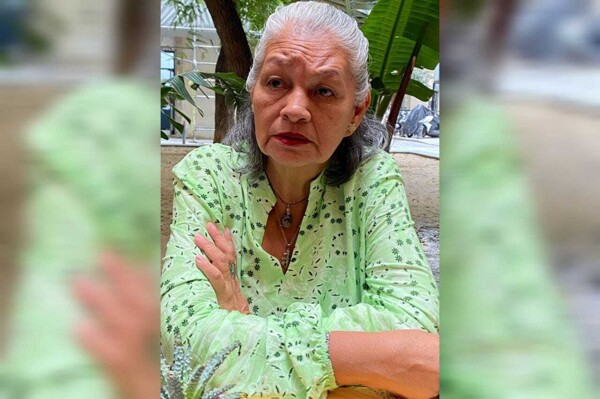
Today, with the birth of the first child using artificial intelligence, a new chapter begins in the history of human reproduction, combining science, programming, and human hope. The experiment resulted in the fertilization of five eggs, four of which developed into healthy embryos, while the second transfer procedure successfully achieved a full-term pregnancy, resulting in the birth of a healthy boy—the first of its kind in the world. Experts in reproductive medicine believe this development could revolutionize the field of assisted reproduction, as AI-supported technologies can reduce human error, increase success rates, and lower costs. Furthermore, advanced AI algorithms can identify the best sperm and most viable embryos, making the process more precise and applicable in medical centers worldwide. Over 48 million couples globally suffer from infertility, making this discovery a new hope for those wishing to conceive without the need for costly and emotionally draining attempts. Doctors confirm that the new technology increases the chances of a successful pregnancy. Despite the significant scientific breakthrough, the experiment has raised ethical and legal questions about the extent of AI's involvement in selecting the appropriate sperm or embryo, and who is responsible if an error occurs: the doctor, the programmer, or the machine? Experts emphasize that human oversight will remain essential to balance technological progress with human responsibility, and to establish clear regulations for safety and transparency in these future procedures. Since the birth of Louise Brown, the first 'test-tube baby' in 1978, reproductive medicine has not seen a revolution comparable to this. The city of Guadalajara, Mexico, witnessed a historic event: the birth of the world's first child via AI-assisted in vitro fertilization (AI IVF), a milestone in reproductive medicine and infertility treatment. According to international scientific reports, the procedure was performed using a micro-robot controlled by scientists in New York through an AI and machine learning-based system. The robot injected a single sperm into an egg with extreme precision, without any direct human intervention during the process. Scientists explained that the robot, developed by the American company 'Conceivable Life Sciences,' carried out the procedure in 23 highly programmed steps, from selecting the most suitable sperm to the microinjection, under the supervision of a specialized medical team.













